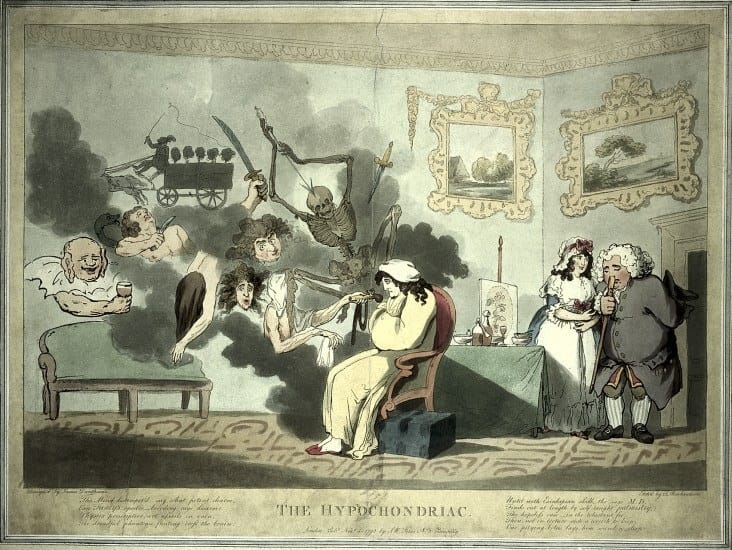Did you ever find yourself drinking another beer when you actually had to stop at the previous one? Then you can imagine how this automatic behavior might be involved in the development of substance abuse and addiction. Illuminating this relationship is the very reason Madelon van Hemel-Ruiter started her PhD research.
Do you sometimes feel that after a bad night sleep, you cannot take in anything that is being said during a lecture? If so, then maybe you can imagine the rising concern that patients with post-traumatic stress disorder (PSTD) might not benefit from trauma-focused treatment if they also suffer from sleep difficulties. I dug into this issue to figure out whether this concern was justified.
The recent Noorderlicht Photo Festival featured a series of photos on people using smartphone apps for tracking their mood, sleep, et cetera, sometimes for years. Ecological momentary assessment is a related psychological method for studying people in their natural environments rather than in the laboratory.
Why should researchers study homesickness? Is it really a topic worth scientific investigation? After all, homesickness is part of normal life, something that probably nearly everyone experiences at least a little bit, when leaving home for longer periods. And homesickness is not a separate “official” category of mental disorder in the DSM system (American Psychiatric […]
Who says you need fortune tellers to tell you how we will feel in the future, or how you will behave? Maybe you don’t need them: there is literature to suggest you can basically become your own fortune teller, by simply taking a closer look at your hands. Your future is not written in the stars, but in your hands.
This post is about how sports, mindfulness, and an open mind helped one student deal with the rising problem of (academic) pressure. As many other students are also trying to deal with stress and anxiety, this post is a must-read for all students and staff.
We are happy to share an interview with the Head of Psychiatry of the UMCG, Prof. Robert Schoevers, by one of our own students, Alexander Pietrus-Rajman, as it appeared in the 97th issue of the BCN Newsletter.
Some people worry excessively about their health and can be diagnosed with health anxiety. While the treatment of health anxiety is generally effective, the nature of the treatment has changed significantly in the past few decades. My literature review suggests we should not only try to innovate, but also replicate.
Normally, grieving is a natural process and does not require treatment by psychologists. However, when someone dies in a violent way, the grief process for the bereaved can become complex, and resilience and social support are often not enough. Unfortunately, even though effective psychological interventions are available, most bereaved are not treated on time. This also applies to relatives of the victims of MH17-crash in Ukraine last July.
Do infants retain traumatic experiences that lie at the root of later psychopathology? Recent literature on infant memory suggests that retention of everyday stimuli can be prolonged by presenting frequent reminders. Whether this justifies searching for and treating preverbal trauma in older children and adults is a different matter.










